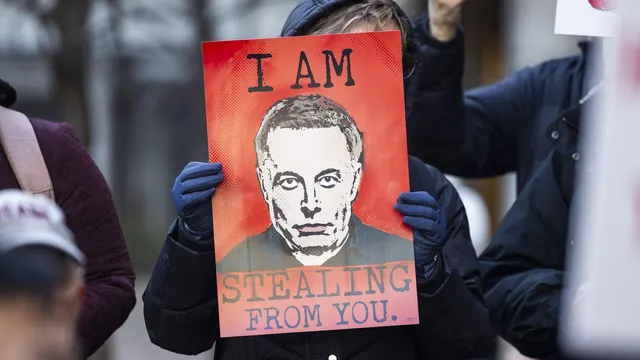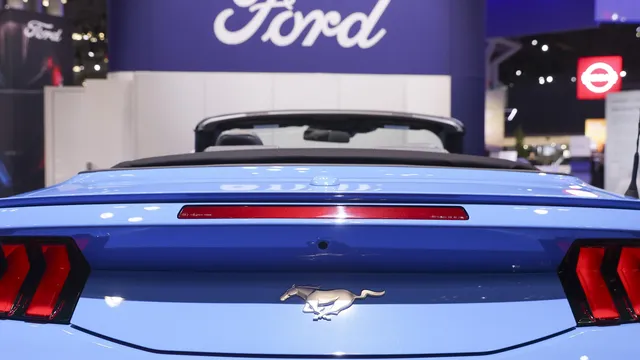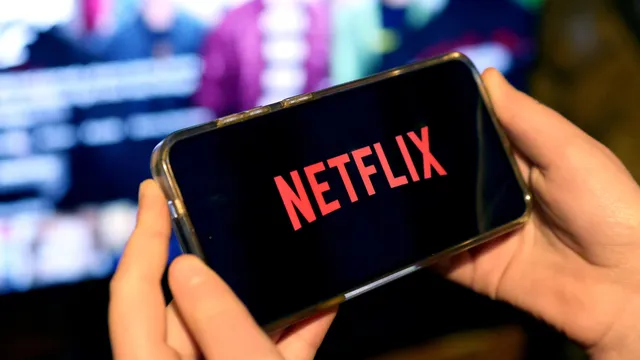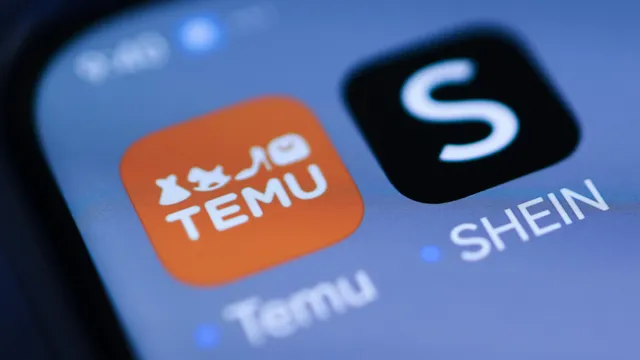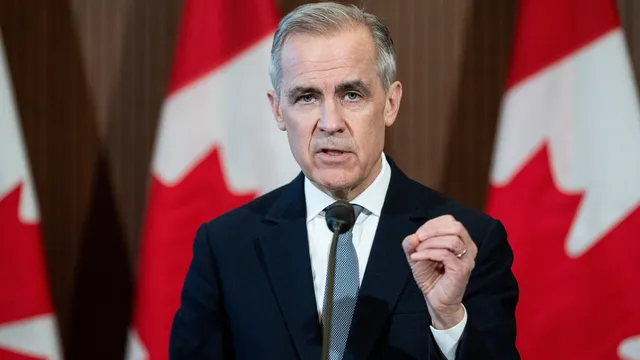In a high-stakes bid that could change the future of artificial intelligence (AI), Elon Musk is leading a group of investors offering to buy OpenAI, the parent company of ChatGPT, for $97.4 billion.
Musk has long been feuding with OpenAI CEO Sam Altman and has filed a number of legal complaints against his company. He claims that the AI company and its leadership have misrepresented OpenAI as a charitable organization. Musk believes OpenAI has violated its founding charter by seeking to make a profit with its AI tools, CNN reported.
OpenAI is run by a nonprofit that controls a company called OpenAI LP, a for-profit company that exists within the larger company's structure. That company has brought OpenAI from a virtually worthless business to a valuation of about $100 billion in just a few years. Altman is largely credited as the mastermind of this plan and key to the company's success.
The massive investment by Musk, first reported by the Wall Street Journal, could give the billionaire majority control of the company, a competitor to his AI company X.AI.
"If Sam Altman and the current OpenAI, Inc. intend to become a wholly-owned for-profit corporation, it is vital that the charitable organization be fairly compensated for what its leadership is taking away from it: control of the most transformative technology of our time," said Mark Toberhoff, an attorney representing the investors.
"It's time for OpenAI to return to the safety-focused open source it once was. We will make sure that happens," he said.
In response, Altman tweeted, "No thanks, but if you want, we'll buy Twitter for $9.74 billion."
Musk, who co-founded OpenAI in 2015, has since quit over a dispute related to the company's shift to for-profit operations.
OpenAI was created because its founders believe that artificial general intelligence (AGI) poses a serious threat to humanity. The company set up an oversight board to review every product it created, and the code of its products was made public.
Yet a company with big backers like Microsoft and venture capital firm Thrive Capital is bound to grow its business and make money. Investors want to make sure they get value for their money, and they are not known for being patient.
That could prompt Altman to nudge the nonprofit company toward more rapid innovation and early product launches. In the great Silicon Valley tradition of "move fast and change things," these early products don't always work so well at first. This can become a problem when it comes to technology that is so good at mimicking human speech and behavior that it can fool people into believing its fake conversations and images are real.
In late 2023, in a bizarre court battle, the OpenAI board fired Altman, then quickly reappointed him. The board has since been reshaped, and former directors involved in the decision said they feared OpenAI was moving too quickly without regard for safety.
Musk first sued OpenAI in June 2024, but withdrew the original suit after the company published a blog post that included several of Musk's emails from the early days of OpenAI. The emails appear to show the billionaire recognising the need for the company to earn large sums of money to fund the computing resources needed for its AI ambitions. This is in contrast to claims in his suit that OpenAI is wrongfully pursuing profit.
In August 2024, Musk filed a new lawsuit and accused OpenAI of racing to develop powerful "artificial general intelligence" technology to "maximize profits." He also accused the company of engaging in racketeering.
OpenAI, meanwhile, accused Musk of essentially being jealous that it is no longer involved in the startup after he left OpenAI in 2018 following a failed attempt to convince its co-founders to allow Tesla to acquire it. | BGNES

 Breaking news
Breaking news
 Europe
Europe
 Bulgaria
Bulgaria
